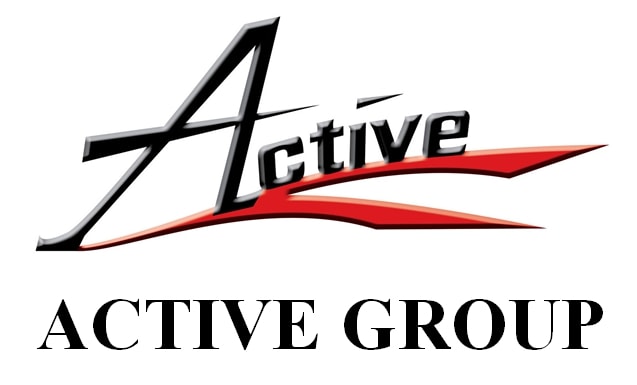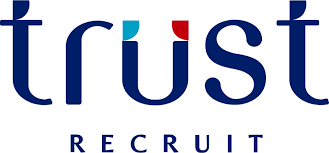Educational Background:
Bachelor’s degree in Interior Design, Architecture, Project Management, or a related field.
Additional certification in Project Management (e.g., PMP, PRINCE2) is a plus.
Experience:
Minimum of 5-7 years of experience in project management within the interior design or architecture industry.
Proven track record of successfully managing multiple interior design projects from inception to completion.
Technical Skills:
Proficiency in project management software (e.g., MS OFFICE).
Strong understanding of interior design principles, materials, and construction methods.
Knowledge of CAD software and other design tools (e.g., AutoCAD, SketchUp, Revit).
Management Skills:
Excellent organizational and time-management skills.
Ability to lead, manage, and motivate a team of designers, contractors, and subcontractors.
Strong decision-making and problem-solving abilities.
Communication Skills:
Excellent written and verbal communication skills.
Ability to effectively communicate with clients, team members, vendors, and stakeholders.
Strong negotiation skills for dealing with contractors and suppliers.
Financial Skills:
Experience in budget planning, cost estimation, and financial management.
Ability to track and manage project expenses to ensure adherence to the budget.
Project Planning and Execution:
Define project scope, goals, and deliverables in collaboration with clients and team members.
Develop comprehensive project plans, including timelines, milestones, and resource allocation.
Ensure all project phases are completed on time, within scope, and within budget.
Client Management:
Serve as the primary point of contact for clients throughout the project lifecycle.
Conduct regular meetings with clients to update them on project progress and address any concerns.
Ensure client satisfaction by delivering high-quality interior design solutions that meet their needs and expectations.
Team Coordination:
Coordinate and supervise the work of designers, architects, contractors, and subcontractors.
Assign tasks and responsibilities to team members based on their skills and expertise.
Facilitate effective communication and collaboration among team members.
Quality Control:
Monitor project progress and ensure compliance with design specifications, building codes, and safety regulations.
Conduct regular site visits to inspect work and ensure high-quality standards are maintained.
Address any issues or discrepancies that arise during the project.
Risk Management:
Identify potential risks and develop mitigation strategies to minimize their impact.
Proactively address challenges and obstacles to keep the project on track.
Documentation and Reporting:
Maintain detailed project documentation, including contracts, plans, reports, and correspondence.
Prepare and present regular project status reports to clients and stakeholders.
Ensure all project records are organized and accessible for future reference.
Vendor and Supplier Management:
Source and negotiate with vendors and suppliers to obtain the best terms and prices.
Oversee the procurement process, including ordering materials and tracking deliveries.
Build and maintain strong relationships with reliable vendors and suppliers.
Leadership:
Demonstrate strong leadership qualities and the ability to inspire and guide a team.
Maintain a positive and professional attitude, even under pressure.
Attention to Detail:
Exhibit a high level of attention to detail to ensure precision and accuracy in all aspects of the project.
Adaptability:
Be flexible and adaptable to changing project requirements and client needs.
























